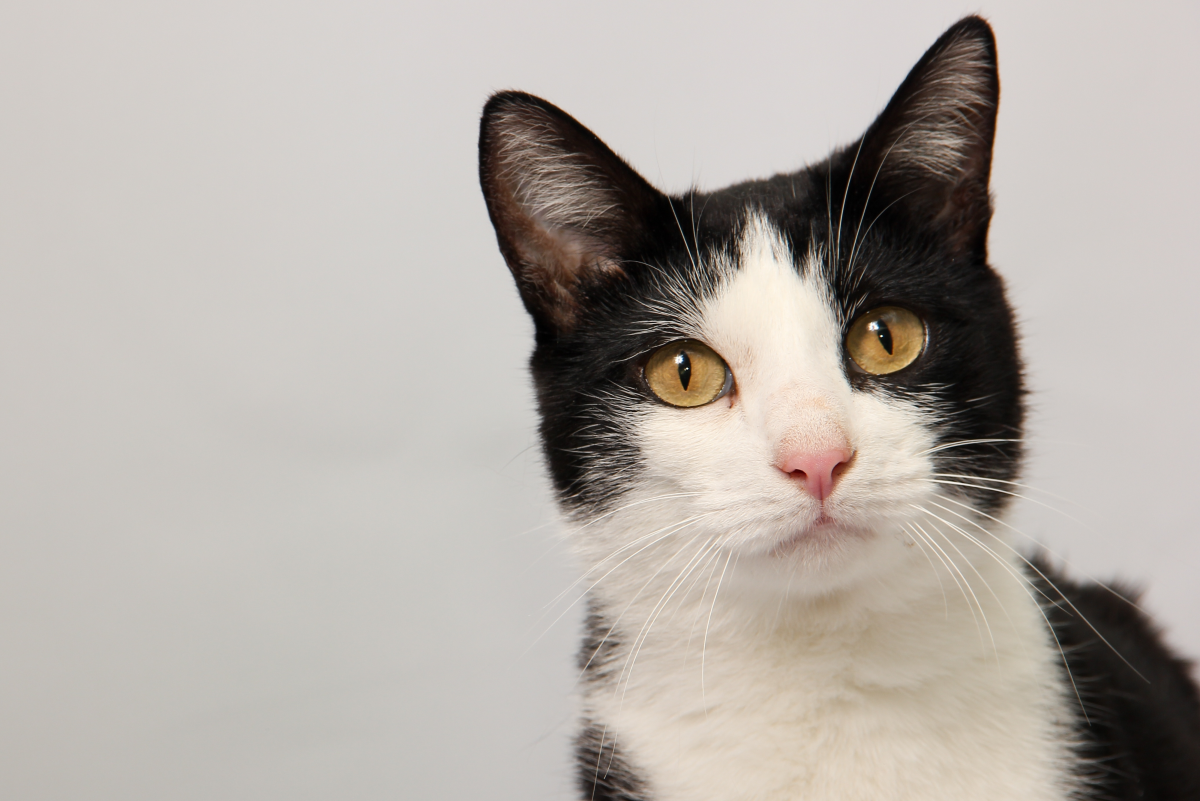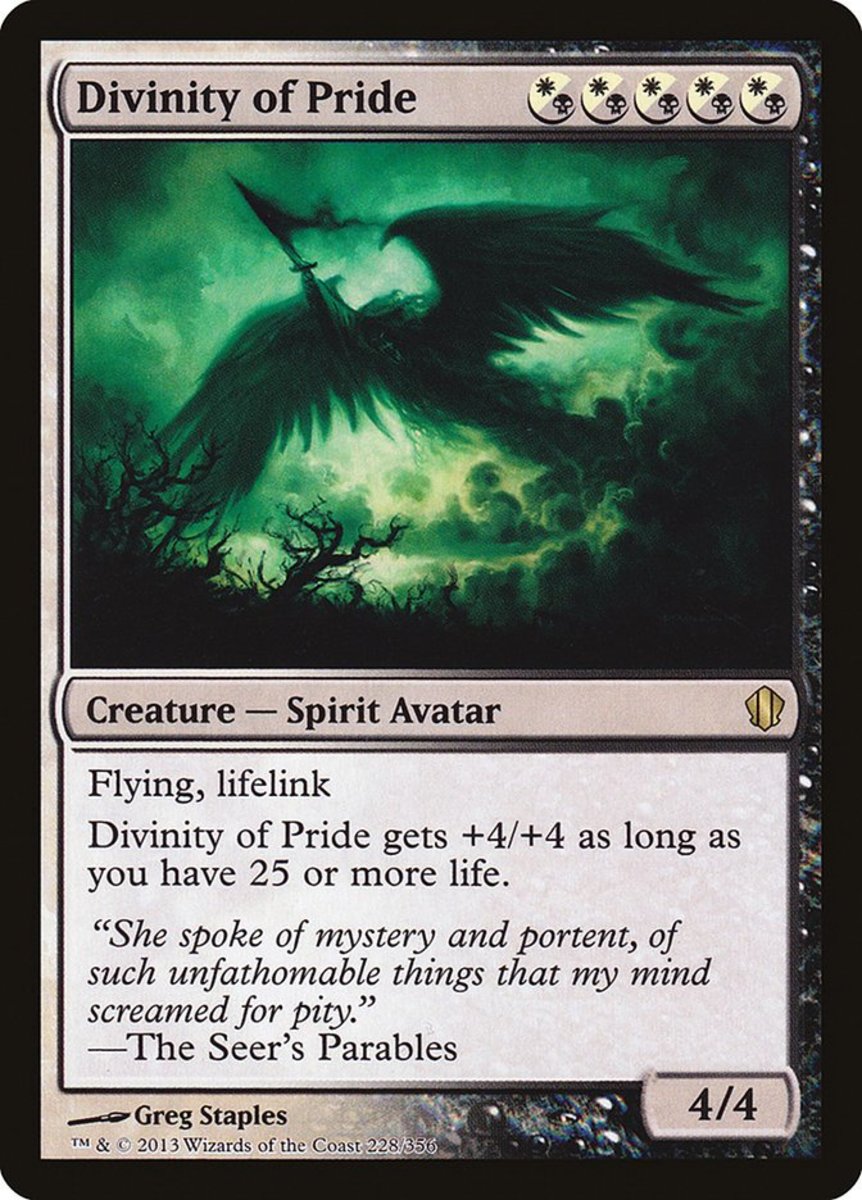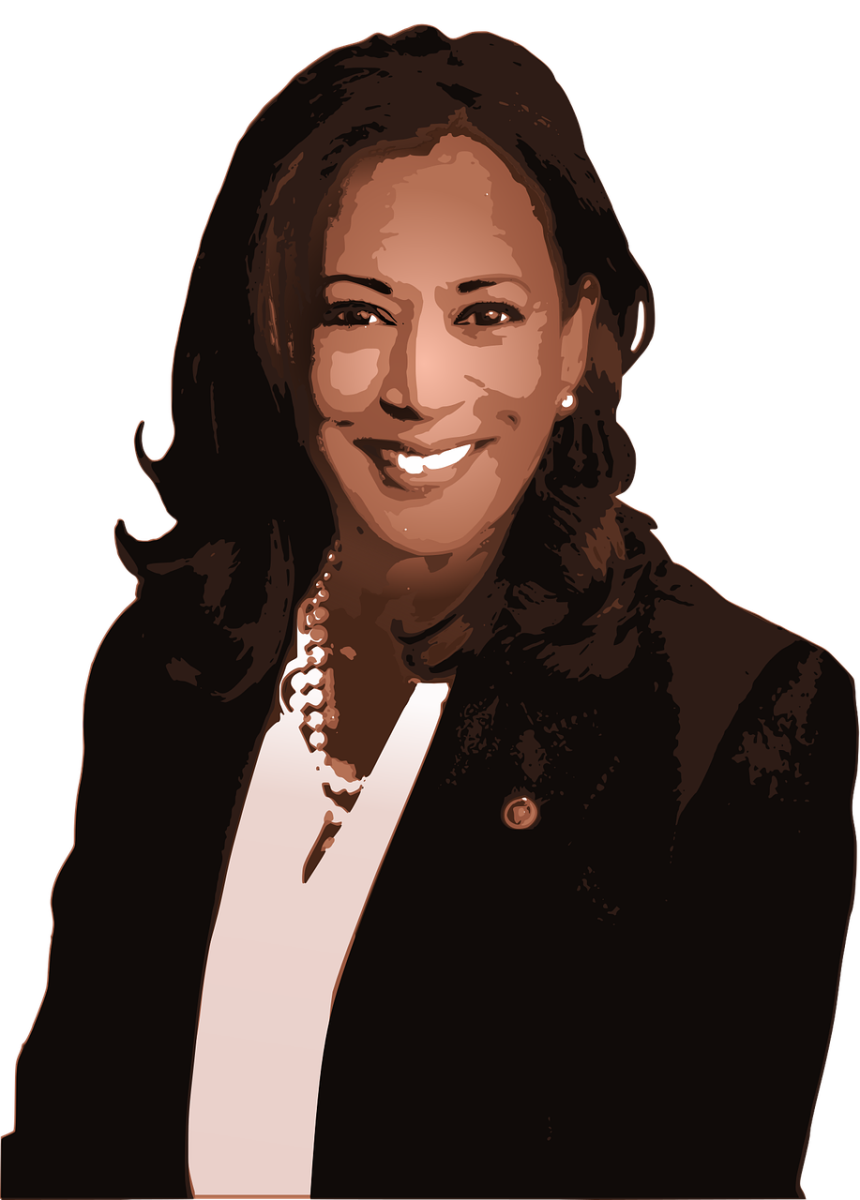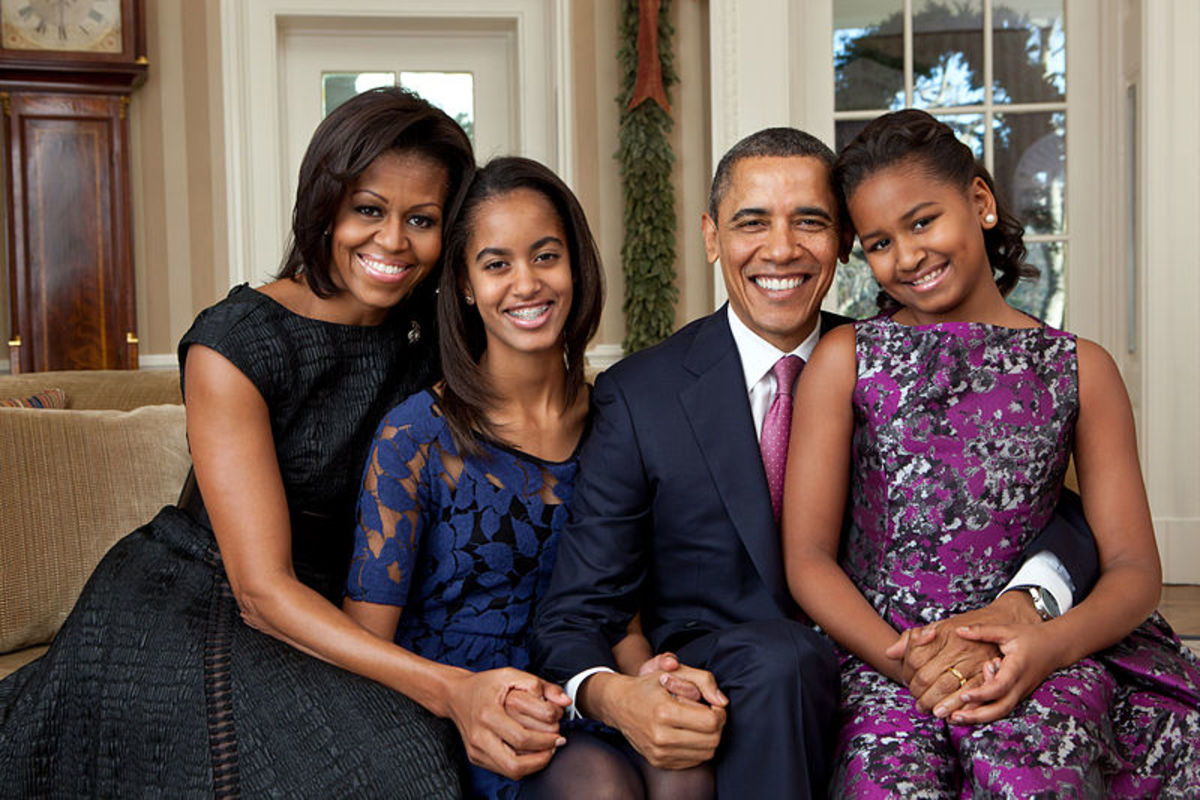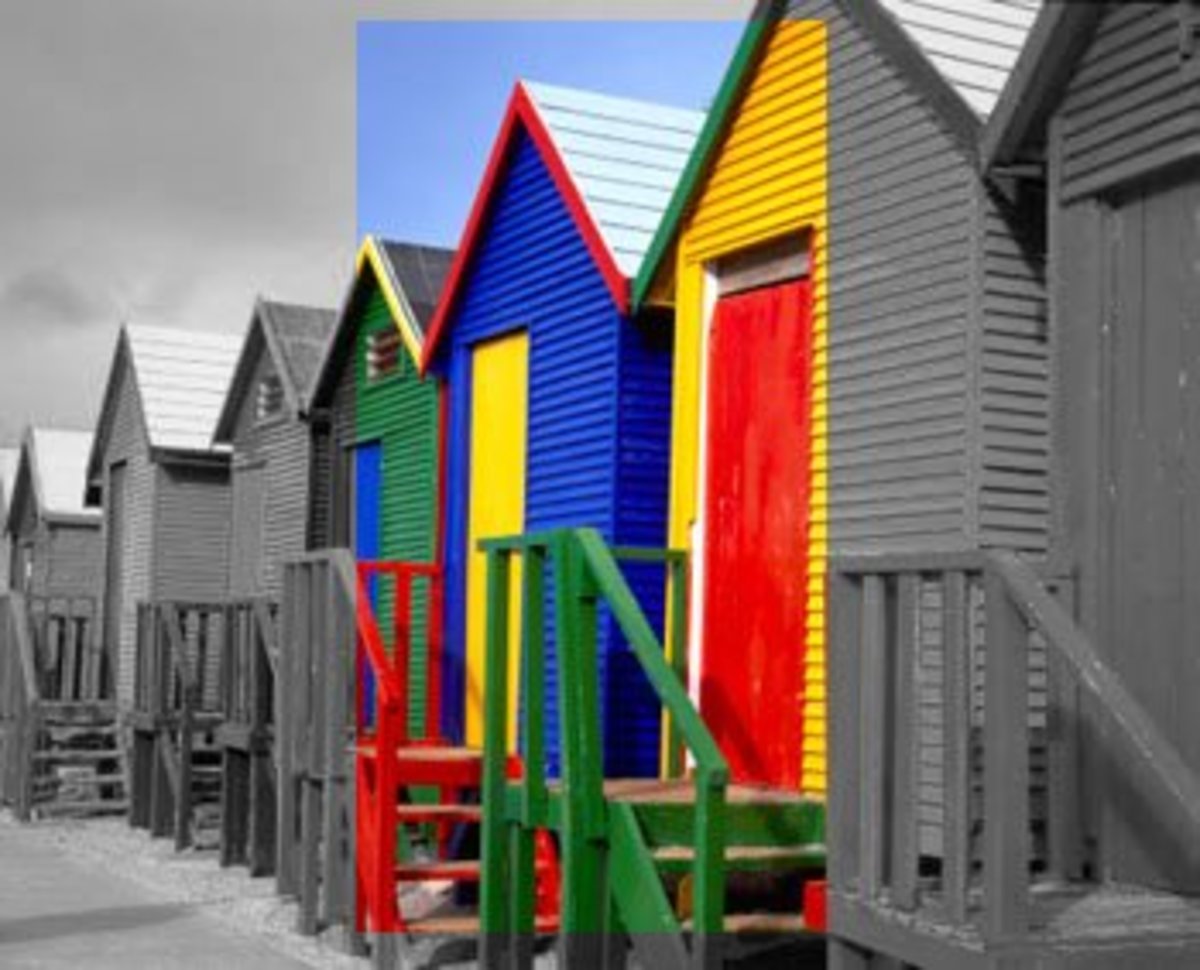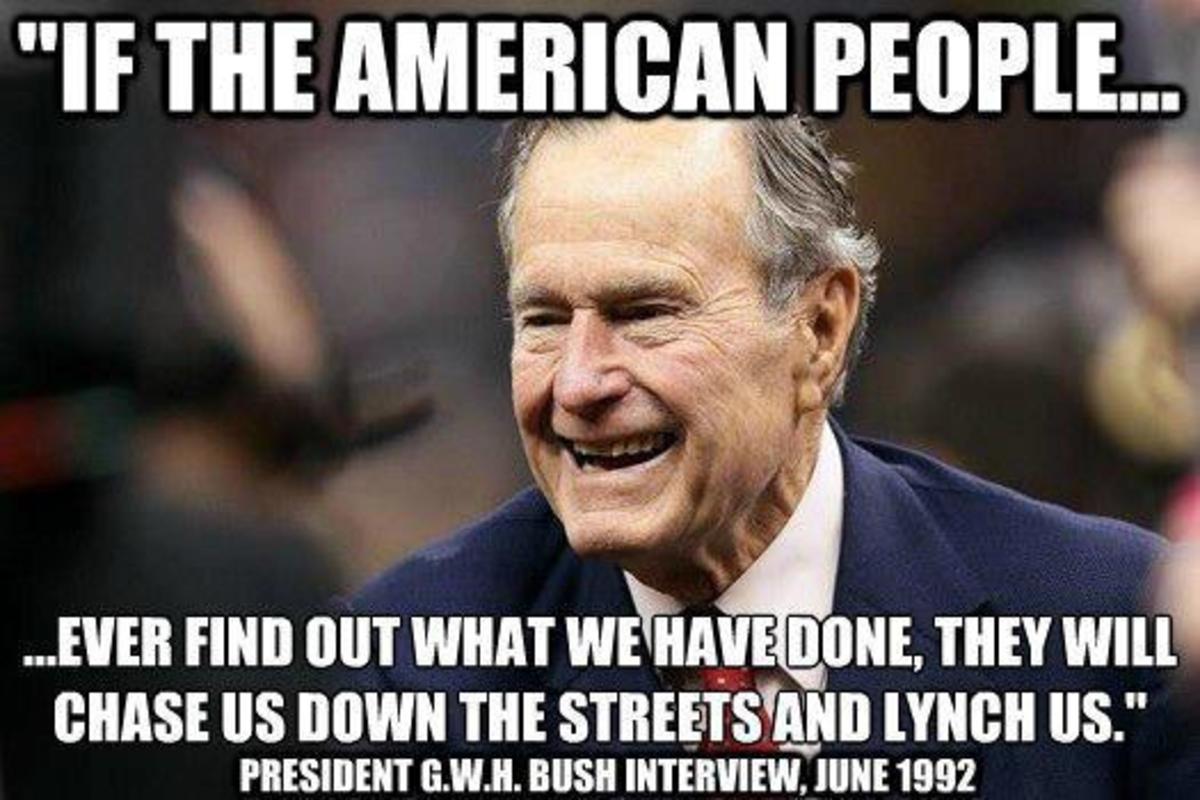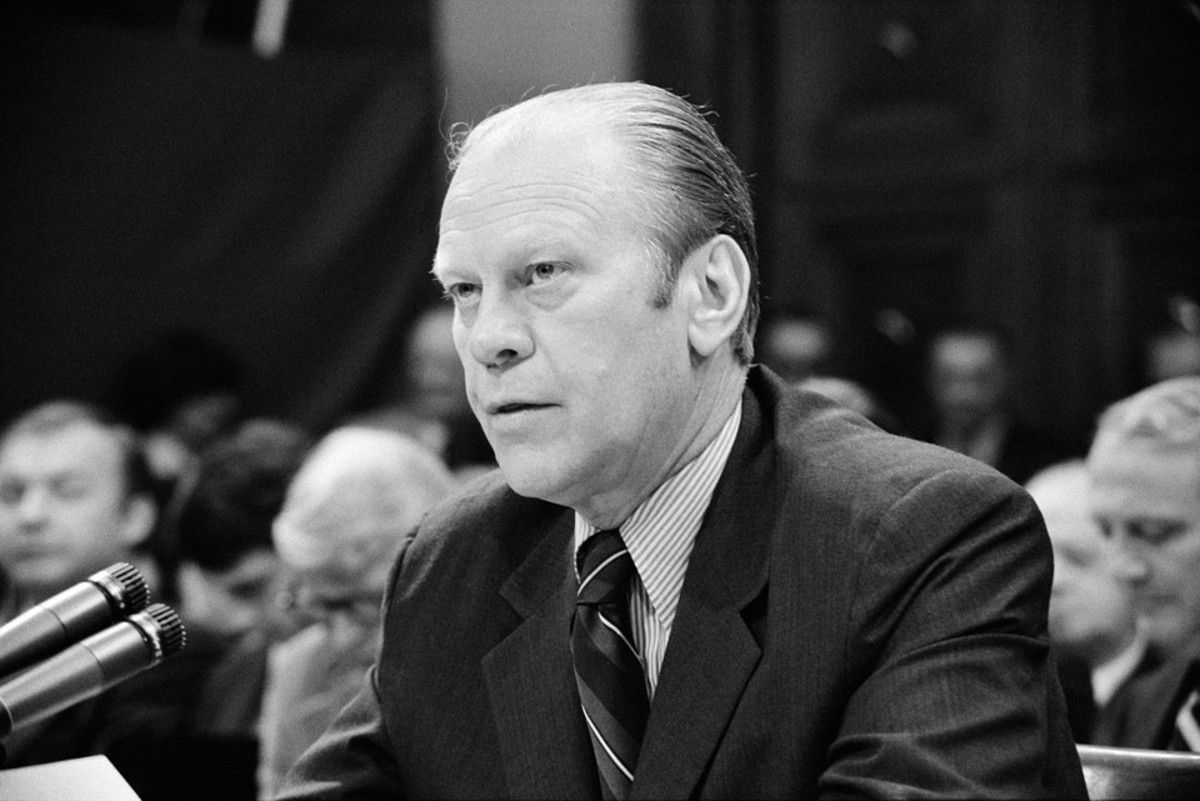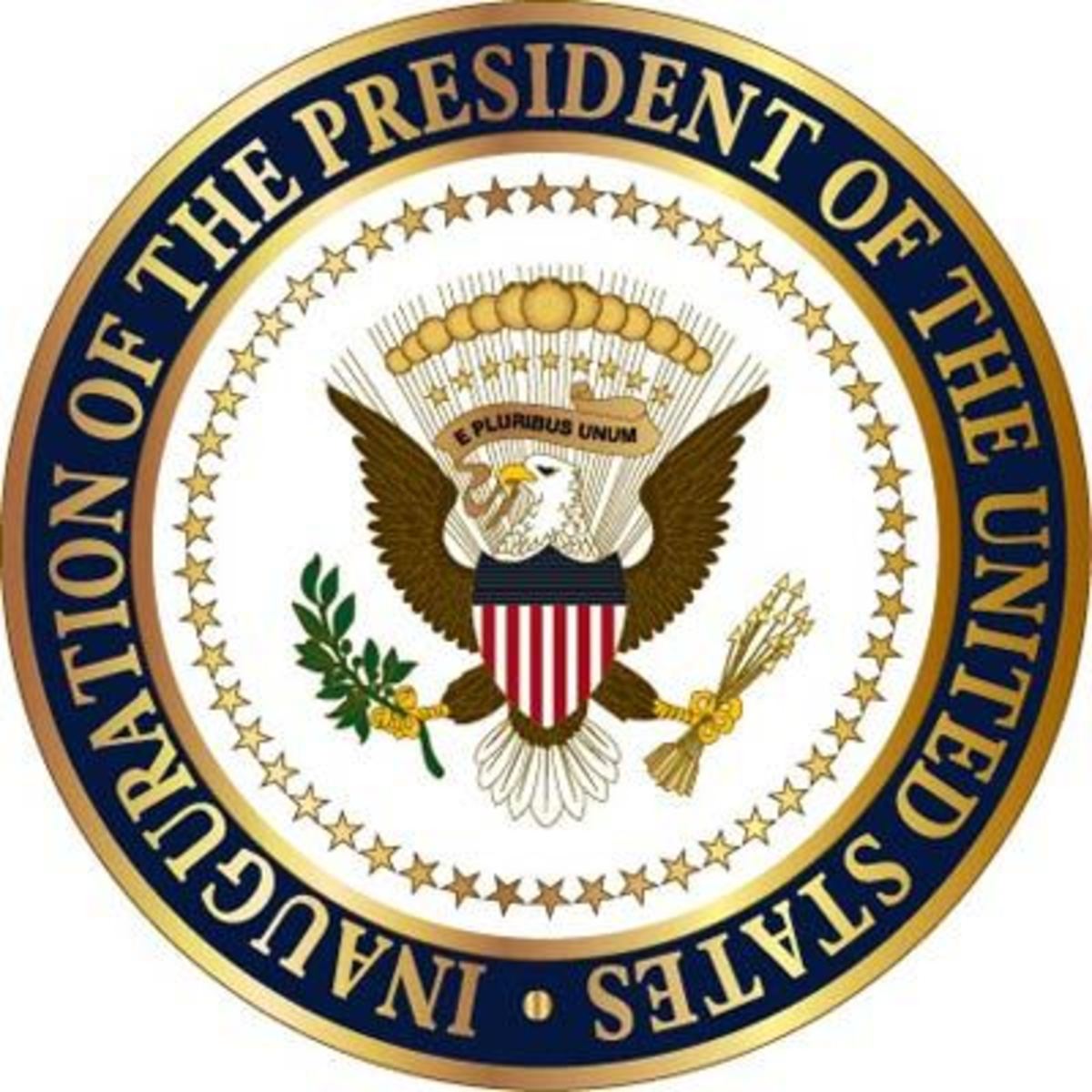Obama Elected President November 5, 2008
I am overwhelmed with emotion. Over come with the enormity of what this day, November 5, 2008, means. I watch TV and cry. I am so full of hope and gratitude to God for living in this country. We have proved our way of government works, that we the people can make a difference, and that our votes count. We see that mothers and grandmothers of all races can raise a son to be President, even without a father present. We can now bear witness that the American dream applies to every citizen in our country, truly. Apathy did not rear its ugly head in this election; the people cared.
I grew up in the 50s and was a teenager in the 60s. I lived in a small mill where everybody knew each other. Kids didn't get away with much, because if Mama didn't catch you the neighbors did. And the neighbors would tell. But, there was a definite line drawn between black and white in my town. The cliché, from the wrong side of the tracks applied in Plymouth, North Carolina just as it did in many southern towns. There were "colored neighborhoods" like the one ironically called, "White City" which was a cluster of small, white, mill houses on the other side of the railroad tracks. There were the streets behind Third Street near the "colored high school" and another little street near the river that flooded with every good rain. A few black families lived outside those boundaries. These were the professional families: doctors, dentists and lawyers.
Williford's Grocery Store was the only grocery store in town before the A&P was built in mid-sixties. It was about three blocks from where we lived. My Aunt Mary Hazel worked as a clerk and a black man named Ed was the butcher. He was a very kindly man who always smiled at me when I was in the store with Mama. He wore one of those little white boat-shaped hats and his hair had a hint of gray.
When I got old enough to run errands for Mama she sometimes sent me to Williford's with a list of items, not more than would fit in one bag. One day she put "cut-up fryer" on her list just under the oleomargarine. She explained that a fryer was a young chicken, and she wanted Ed to cut it up so she could make fried chicken for dinner.
I remember standing and waiting my turn at the glass front meat counter. When I stepped up to the counter and looked up at Ed he asked, "What can I help you with, young lady?"
I told Ed Mama wanted a chicken, a fryer.
"Does your Mama want me to cut it up?" Ed asked.
"Yes, sir," I replied.
"Oh, you shouldn't say ‘Yes, sir' to me, Miss". Ed handed me the chicken wrapped in white butcher's paper and smiled.
All the way home I worried why saying "yes, sir" to Mr. Ed was wrong. I'd been taught my manners carefully and Mama had taught me to always say, "Yes sir and "yes ma'am" to grownups. I asked my mama why?
I don't remember her exact words; just that some people would not like hearing me say "yes sir" to Mr. Ed because he was colored, and if I did it might cause a problem for him. So, I learned on that day there were people who thought they were better than Ed just because of the color of his skin, and it did not matter that he was a kind and hard working man. For that reason, his skin color, white people did not show him the same courtesy they did one another.
By the time I entered high school, even though my family did not have a TV I was aware of the civil rights movement. Race wasn't talked about in school until the movement for desegregation began in the mid sixties. Where we did talk about race was at church. We were Presbyterians and my mother was the adult youth leader. In youth group meetings on Sunday nights we had many discussions about how Jesus saw all of us as human beings. We knew the Bible story about the Good Samaritan was about bigotry and prejudice. We knew Jesus was colorblind. Unfortunately, two hundred years of prejudice still had a hold of us, no matter how well we talked the talk.
Through those tumultuous years I became so involved in my own life changes - married right out of high school, and pregnant soon after -- I was busy while the world changed around me. The changes came slow and in very small steps. I was naive enough to be shocked when a brother-in-law put his daughter in private school so she would not have to "sit by one of those." Those little private schools popped up all over the place, many sponsored by churches and called "Christian schools." I knew deep in my heart what the real motivation was and did not feel like there was anything Christian about that motivation.
It did not seem a big deal to me that Mama had black friends who stopped by the house for coffee. They were ladies she'd met while working at a local discount store. It took another generation - my children's generation, to erase the lines between black and white socializing. My daughter had her friends from her drama group over to the house often. Her friends included black, white and Asian. The racial lines were smudged, like when a child changes his drawing too many times. They were all good kids, and I enjoyed having them around.
When my grand daughter, whom I was raising, asked me if it was "okay" for her to like the little black boy at school who'd told her he liked her I didn't give an honest answer. I told her it was okay, but she'd have to be prepared for ridicule from those who would not accept a mixed race relationship. That was the wrong answer. I knew it when I gave it. I realized I still have not shaken the sin of prejudice. While I was indignant at other people's racism, I was just as guilty, if not more so.
I have always voted based on faith, trying to see which candidate shared my beliefs. Remembering my Bible stories Mama read me at bedtime, the people had peace and prosperity when Godly men led them. I did not support Obama because he was black; I supported him because I felt a kinship in Jesus Christ with him. Not only did he profess his faith, on Oprah, no less, but he walked the talk all through his campaign. I voted for him because I agreed with him on issues like the Iraq War, health care for all Americans, and the need for alternative energy resources.
After I made the decision to support Obama I found myself volunteering to help in the campaign. I listened to the black people I encountered express what Obama's candidacy meant to them, and I began to have an inkling that this election was something monumental. It was while meeting people, black and white, who were united in one goal, working together that I realized I was a tiny part of something huge happening in America. It still did not fully sink in until Barrack Obama walked out onto the stage Tuesday night, kissed his children and his wife, and made his acceptance speak. That is when the tears ran down my face and I knew not only the black population of America had done something huge, we all had.

